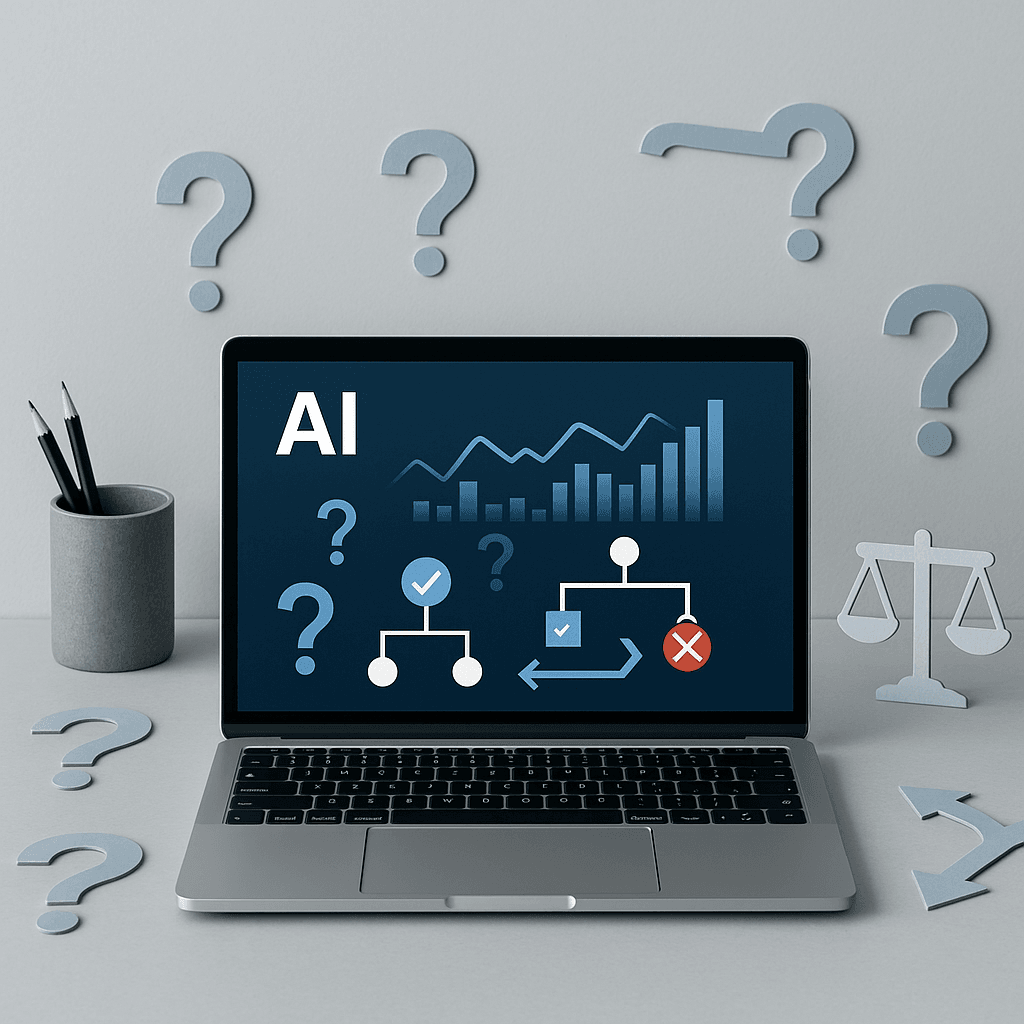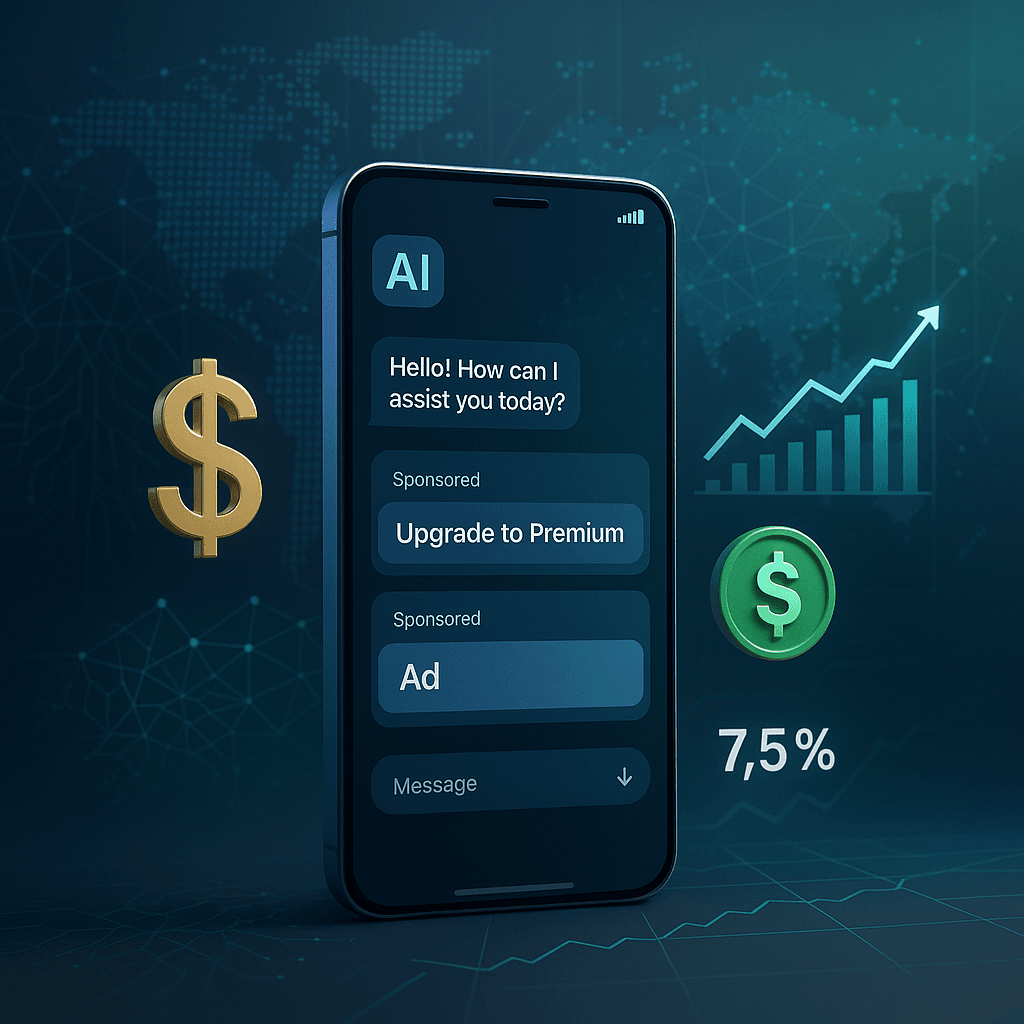Google's Gemini for Education has officially crossed a major milestone, now serving more than 10 million college students across over 1,000 U.S. higher education institutions. The free AI-powered learning platform, which includes enterprise-grade data protections and specialized educational features, represents Google's largest educational AI deployment to date and signals the company's aggressive push into the $750 billion global education technology market.
Google just dropped a bombshell that reshapes the entire educational AI landscape. The tech giant's Gemini for Education platform now serves more than 10 million college students across over 1,000 U.S. higher education institutions, marking the largest deployment of AI learning tools in academic history.
The numbers reveal Google's methodical conquest of higher education. From zero to 10 million students in less than a year represents unprecedented adoption velocity, especially considering these are institutional deployments requiring administrative approval, not individual consumer downloads. "We've seen tremendous momentum with Gemini for Education," Tricia Davis-Muffett, Senior Director of Google for Education, announced in today's blog post.
What's driving this explosive growth isn't just Google's AI capabilities—it's the economic reality facing cash-strapped universities. The platform comes free for all accredited institutions, including enterprise-grade data protections that would typically cost thousands per month through commercial AI services. This positions Google to potentially capture the entire $750 billion global EdTech market by giving away the foundational layer.
The real-world results emerging from early adopter institutions tell a compelling story. John Jay College's collaboration with Google.org produced a predictive AI model that identifies at-risk students using 75 behavioral indicators. The impact was immediate and dramatic—senior graduation rates soared from 54% to 86% in just three years, "an increase nearly unheard of in higher education," according to the announcement.
Arizona State University leveraged Google Cloud AI to achieve four times more accurate enrollment predictions, boosting online registrations by 52%. Meanwhile, the University of Maryland students built sophisticated credit risk analysis tools processing data from 40 banks and 17 fintech companies—work that would have required expensive Bloomberg terminals and specialized software just months ago.
"This project underscores AI's capacity to distill profound insights from quantitative and complex qualitative data, revolutionizing financial analysis," Dr. Clifford V. Rossi, Academic Director at Maryland's Smith Enterprise Risk Consortium, told Google in the case study.












